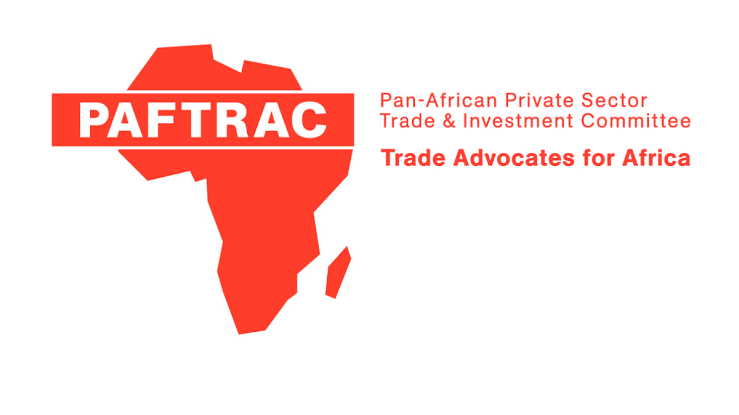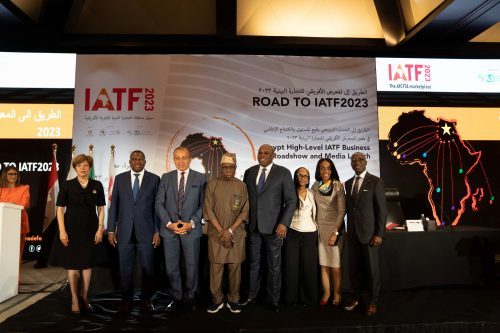The Small and Medium Enterprises Development Agency of Nigeria (SMEDAN) has equipped several Nano, Micro, Small, and Medium Enterprises (NMSMEs) in Lagos with advanced skills in packaging and branding, as part of efforts to position Nigerian businesses for success under the African Continental Free Trade Area (AfCFTA).
The training, which took place in Lagos, was described by SMEDAN Director General, Charles Odii, as a strategic move to prepare Nigerian enterprises for the opportunities presented by AfCFTA’s 1.3 billion consumer market. Odii, represented by the agency’s Deputy Director of Special Duties, Tunde Oloyede, highlighted the importance of packaging and branding in creating competitive, export-ready products.
He noted that the agency was not only focused on improving domestic standards but also on empowering Nigerian businesses to emerge as continental brands capable of thriving across African markets. According to him, poor product presentation, weak brand visibility, and failure to meet trade standards have limited the performance of Nigerian products in regional markets—a gap the current initiative aims to close.
Participants in the training included entrepreneurs, cooperatives, startups, and business support groups from sectors such as agribusiness, cosmetics, food processing, and textiles. The sessions featured expert-led modules on modern packaging techniques, brand identity development, market positioning, regulatory compliance, and sustainable packaging solutions.
The programme also included live product audits, case studies of successful African brands, and interactive design labs focused on building culturally resonant yet globally appealing brand identities. Entrepreneurs were also introduced to tools for leveraging e-commerce and meeting AfCFTA export requirements.
SMEDAN plans to expand the initiative to Nigeria’s northern region in the coming weeks, with the goal of scaling its impact nationwide. Odii emphasized that the expansion reflects SMEDAN’s broader commitment to inclusive enterprise development across all geopolitical zones, in a bid to ensure that Nigerian products are not only visible but competitive in the emerging African trade
landscape.










